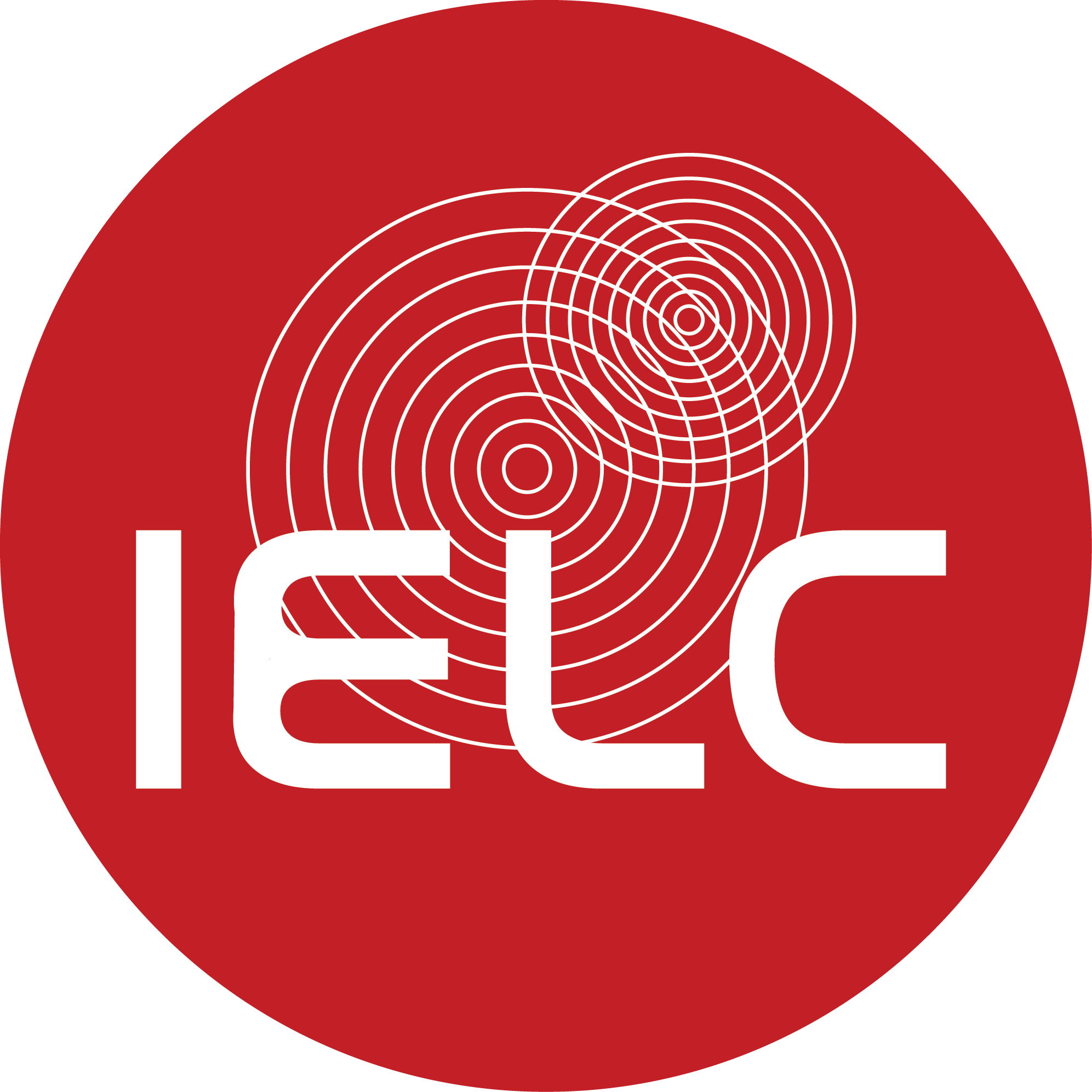Current Projects |
||||
|---|---|---|---|---|
| Special Journal Issues in Progress Papers From Asia Leadership Roundtable 2010 Peabody Journal of Education
|
||||
Rationale |
In recent decades the Asia-Pacific region has made s ome of the most spectacular efforts and gains in social, economic, and educational development (Hallak, 2000). However, this vast and greatly diverse region still faces significant challenges in achieving educational equity and quality. School leadership development is imperative to initiating and sustaining change as schools at all levels coping with new reform policy in the region. The belief that there are general and common elements in contemporary international educational policy (Ball, 1998; Carnoy, 2006) has brought growing interest in sharing leadership theories and successful models of effective schools cross-culturally. Such interests have been particularly strong from countries in the Asia-Pacific that are at the beginning stage of establishing a knowledgebase both theoretically and empirically (Chu, 2003; Hallinger, Walker, & Bajunid, 2005). The interest is no longer one-way, however. Growing global competitiveness of countries in Asia have also prompted reciprocal interest of “East” and “West” in each other’s school systems (Dimmock & Walker, 2000). With concerns in recent decades over education quality in the United States and other developed countries, international benchmarking has impelled curiosity and exploration into teaching and learning models that may be perceived to feature effective pedagogy and curriculum structure, especially in East Asia (National Governors Association, 2008). It is in this context that we bring forth this special issue of school leadership and change in the Asia-Pacific region. The issue aims at highlighting research-based knowledge on the practices of leading change, innovation, and school improvement. Specifically, the articles will (a) e xamine the geographic, cultural, and political terrain of the current knowledgebase in educational leadership and management; (b) assess the relevance of the global knowledge base in the field for the Asia-Pacific Region; (c) consider the current practices of university-based education and research culture in the region; and (d) offer strategies for accelerating the development of the field of educational leadership and management in the region. |
 |
||
Issue Co-editors |
 |
Dr. Xiu Chen Cravens Ph.D. Research Assistant Professor of Education Policy Assistant Dean for International Affairs Peabody College of Education and Human Development, Vanderbilt University. U.S.A. |
 |
Professor Philip Hallinger Chair Professor of Leadership and Change Director, Asia Pacific Centre for Leadership and Change Hong Kong Institute of Education China |
| Contributors |
|
|||
|
||||
|
||||
|
||||
|
||||
Dr. Jeanne Ho This article examines the design and implementation of information communication technology through the lenses of distributed leadership. |
||||
|
||||
Perceptions of Education Reform in China |
||||

